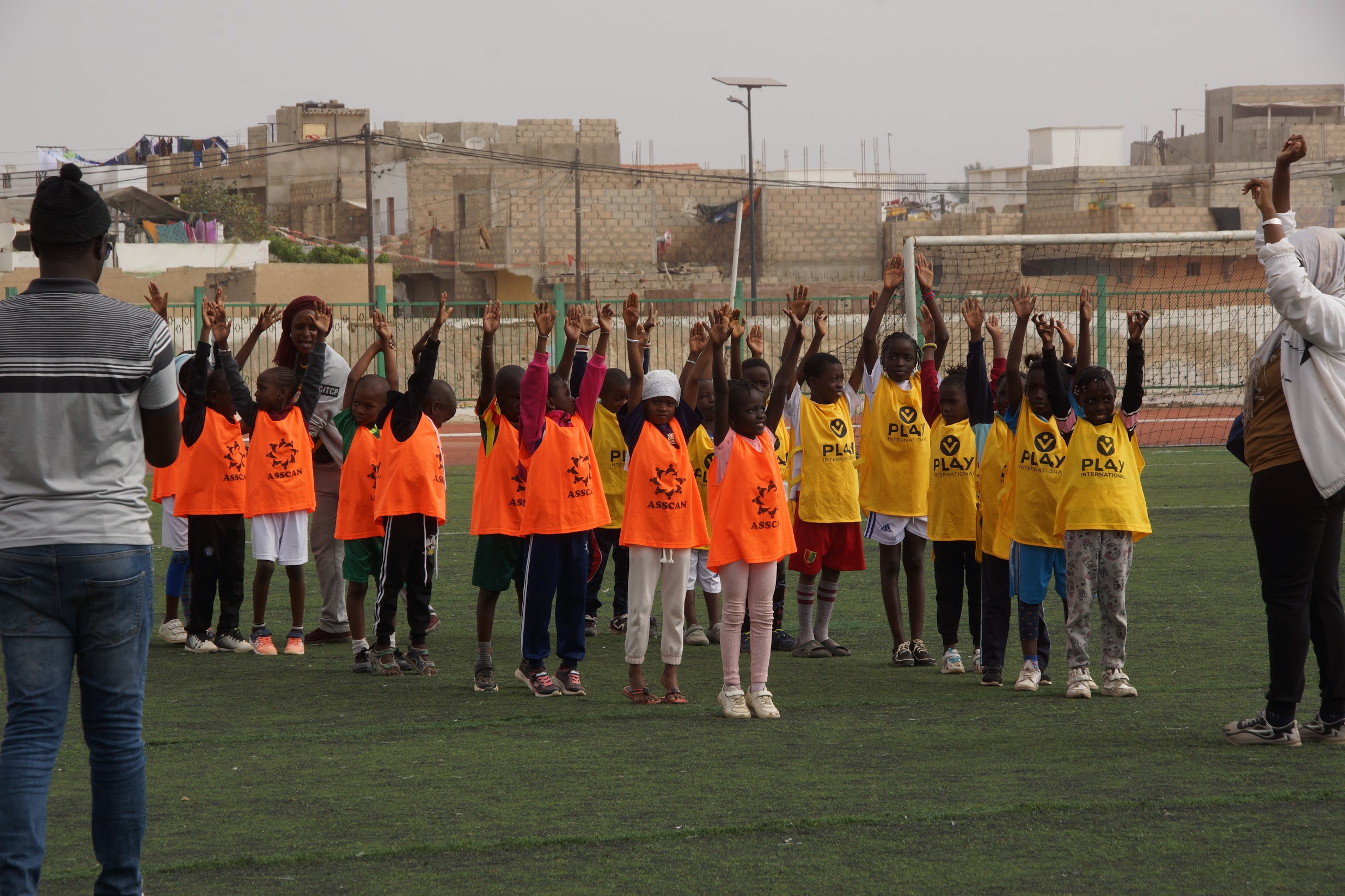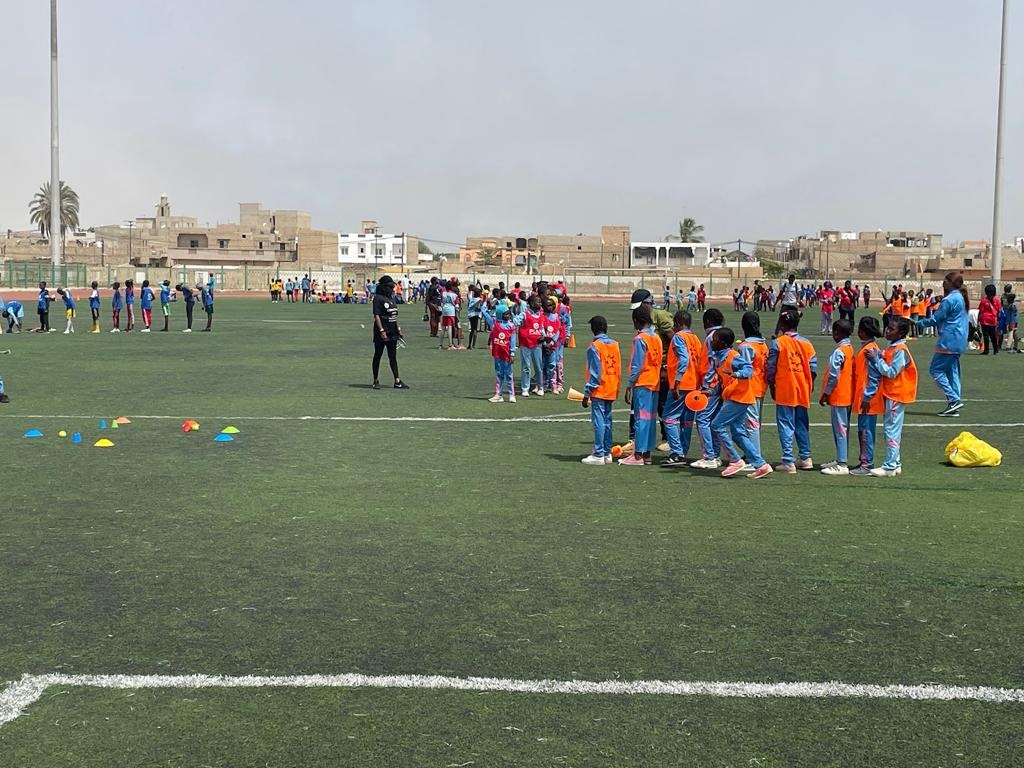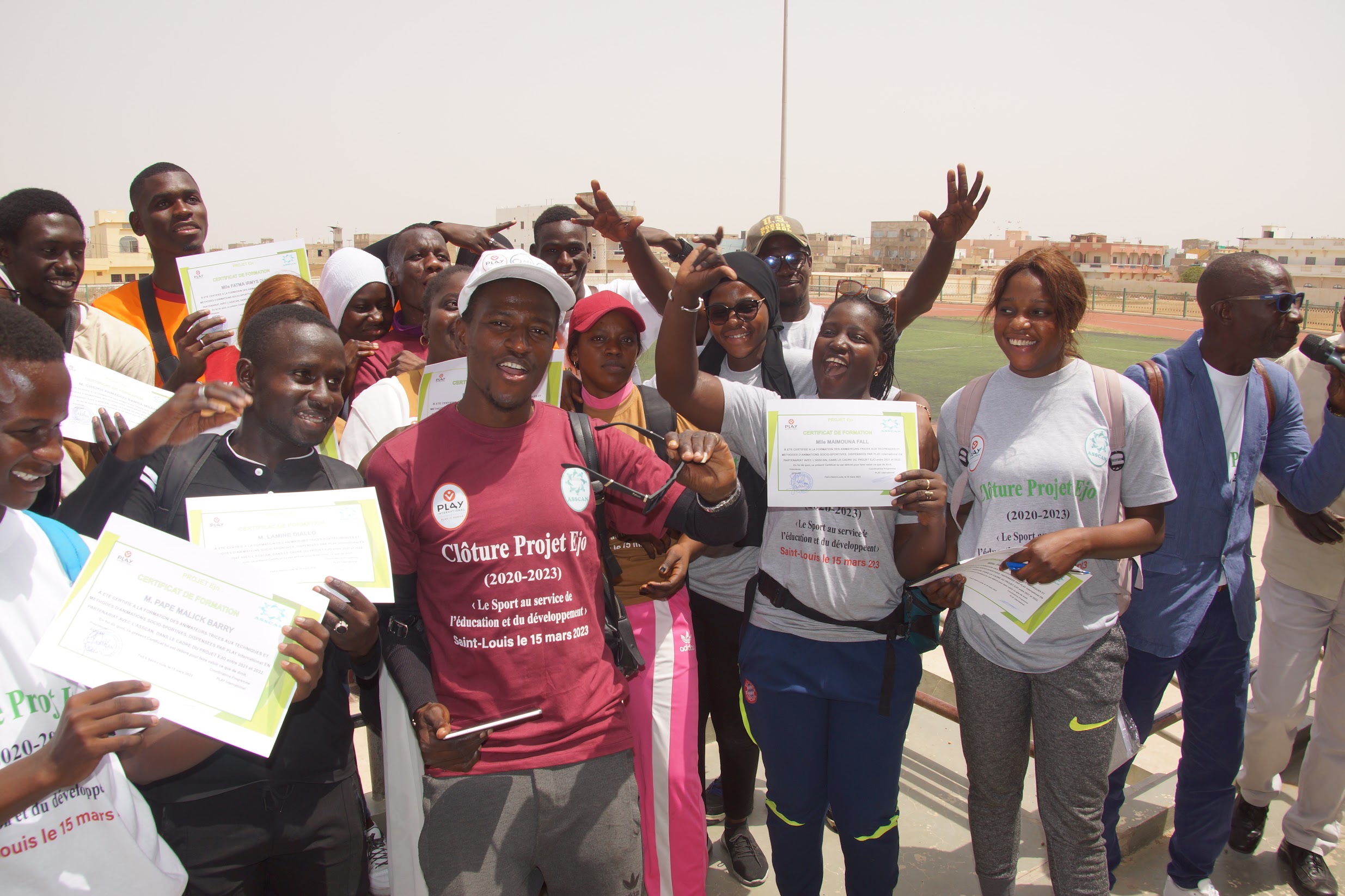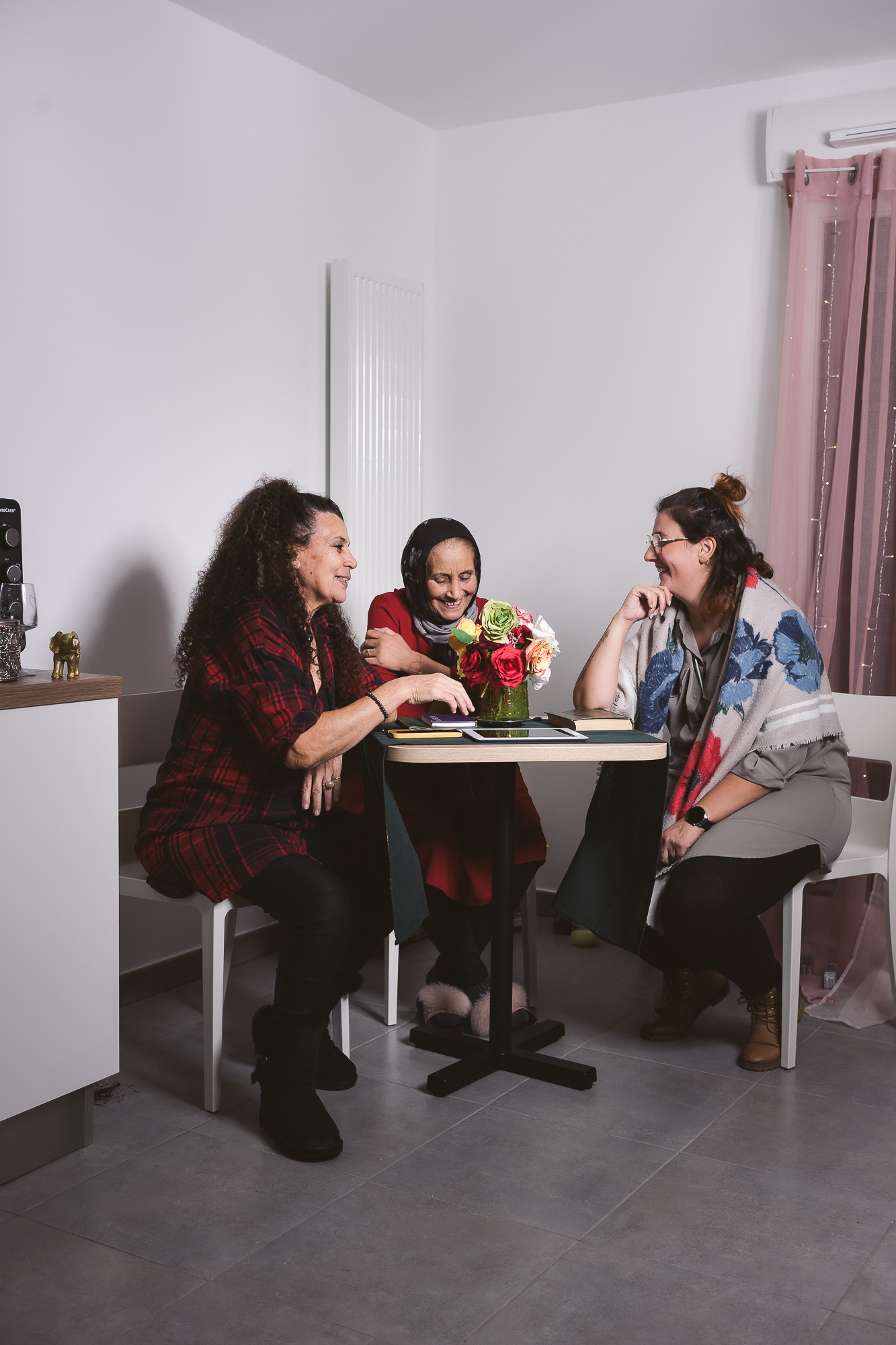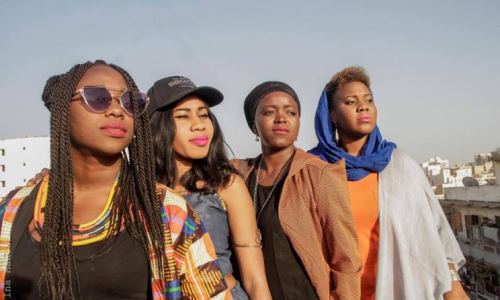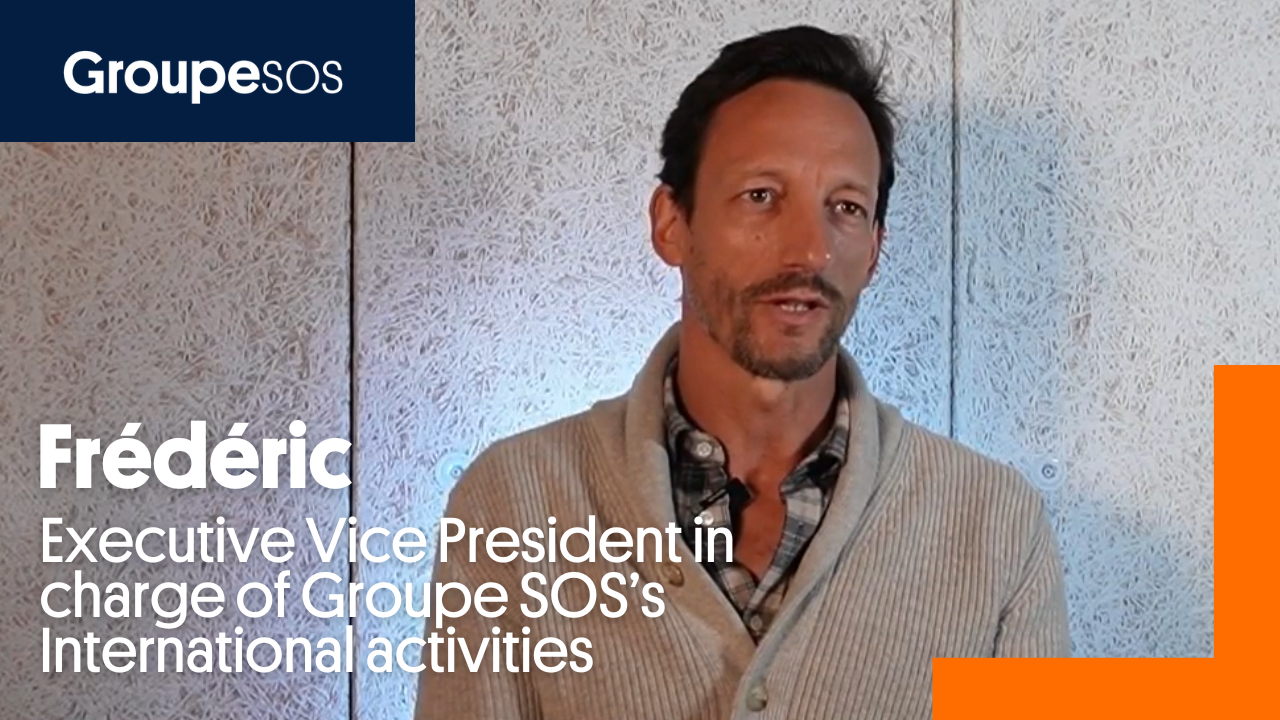17 August 2023 • NEWS
The story of Insa Diagne and Sport Without Borders began in Kosovo in 2002. 21 years later, Insa Diagne returned to Senegal with the conviction that sport is a powerful tool for both learning and social integration, and founded ASSCAN, while Sport Without Borders became PLAY International. Together, they have been running the Ejo project in Saint-Louis, Senegal, for the past 4 years. We spoke to Insa Diagne, founder and president of ASSCAN, to find out more about his organisation and the work it is doing with PLAY International on the ground.

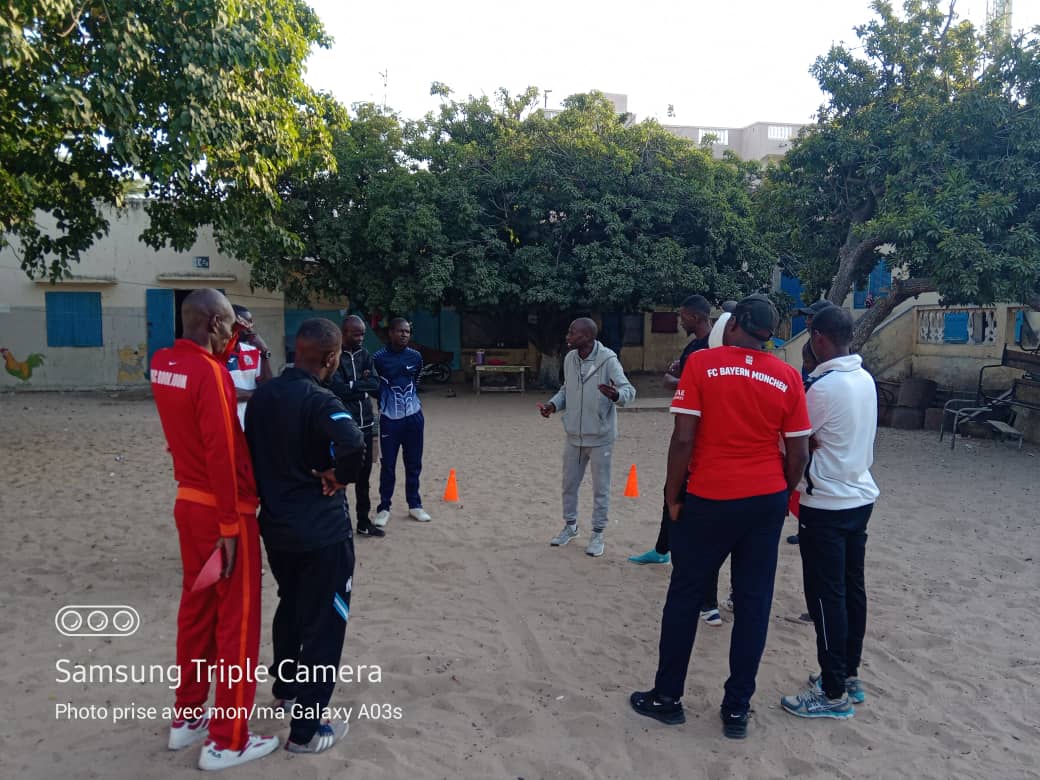 It’s all in the name: it means “the people” in Wolof, but it’s also an acronym, which stands for Association de Solidarité Sportive Culturelle et Artistique Nationale (National Association for Sport, Cultural and Artistic Solidarity). ASSCAN was born out of an understanding of the power of sport as a tool for learning, connecting with other people and integrating socially. As a former top-level sportsman, I’m very sensitive to this idea.
It’s all in the name: it means “the people” in Wolof, but it’s also an acronym, which stands for Association de Solidarité Sportive Culturelle et Artistique Nationale (National Association for Sport, Cultural and Artistic Solidarity). ASSCAN was born out of an understanding of the power of sport as a tool for learning, connecting with other people and integrating socially. As a former top-level sportsman, I’m very sensitive to this idea.